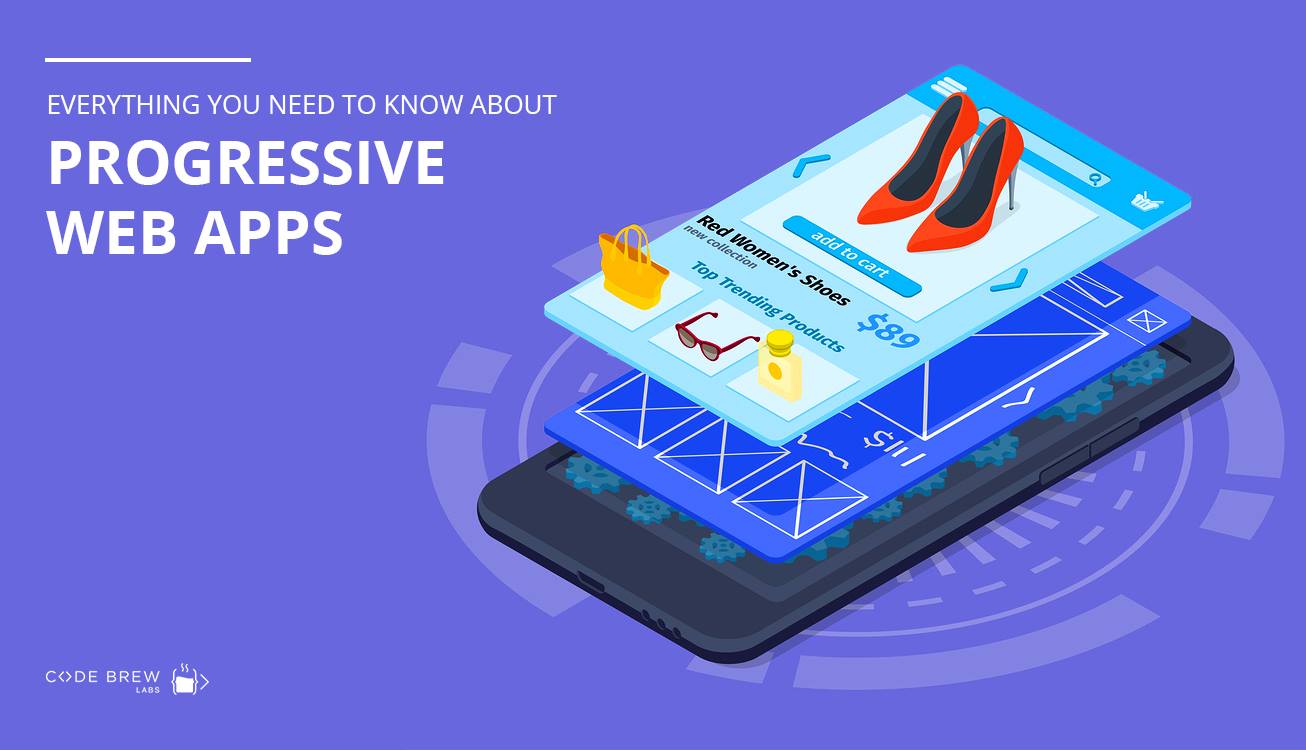The ZMDK Chronicles
Dive into a realm of news and insights with 0396zmdfk.
Progressive Web Apps: The Website That Works Like an App
Discover how Progressive Web Apps combine the best of websites and apps for a seamless experience. Unlock the future of web technology today!
What Are Progressive Web Apps and How Do They Work?
Progressive Web Apps (PWAs) are a new breed of applications built using standard web technologies such as HTML, CSS, and JavaScript. They aim to deliver an enhanced experience similar to that of mobile applications while being accessible through a web browser. PWAs leverage modern web capabilities to offer features like offline access, push notifications, and fast loading times, making them a preferred choice for businesses aiming to reach users on any device. The core principle of PWAs is to provide a seamless and engaging user experience, regardless of the user's internet connection or device type.
So, how do Progressive Web Apps work? They utilize a combination of several advanced technologies. Firstly, a service worker acts as a proxy between the web application and the browser, enabling features like caching assets and intercepting network requests. This allows the app to load instantly and work offline. Secondly, they employ a web app manifest, which provides metadata about the app, enabling users to install it on their home screen with a native app-like experience. Together, these technologies empower PWAs to merge the best of both web and mobile applications, creating a more reliable and engaging user experience.

7 Key Benefits of Progressive Web Apps for Your Business
Progressive Web Apps (PWAs) have revolutionized the way businesses interact with their customers, offering numerous advantages that traditional web applications cannot match. One of the most significant benefits is their ability to deliver a seamless user experience across all devices. PWAs are designed to be responsive, ensuring that they work effortlessly on smartphones, tablets, and desktops alike. This means that users can access your app anytime, anywhere, resulting in increased engagement and higher conversion rates.
Another key benefit of PWAs is their improved performance. Since they utilize modern web capabilities, PWAs load quickly and can function offline or in low-network conditions. This enhances user satisfaction, as potential customers are not deterred by slow load times or connectivity issues. Furthermore, PWAs can also boost your search engine rankings, as Google favors fast and reliable websites, allowing your business to stand out in a crowded market.
Are Progressive Web Apps the Future of Mobile Development?
In today’s fast-paced digital world, Progressive Web Apps (PWAs) are transforming the landscape of mobile development. They combine the best of both web and mobile applications, providing users with a seamless experience without the need for extensive downloads. Unlike traditional mobile apps, PWAs can be accessed directly through a browser, resulting in shorter loading times and reduced data consumption. With features like offline access, push notifications, and home screen installation, they offer a robust alternative for developers looking to create engaging mobile experiences that can reach a broader audience.
As we look toward the future, it becomes evident that Progressive Web Apps are not just a trend but a fundamental shift in how we approach mobile development. Businesses can benefit significantly from adopting PWAs by increasing user engagement and retention rates. Additionally, with the ongoing advancements in technology and browser compatibility, implementing PWAs is becoming increasingly feasible. The growing emphasis on user experience and performance is likely to make PWAs a preferred choice for developers and organizations alike as they navigate the future of mobile development.